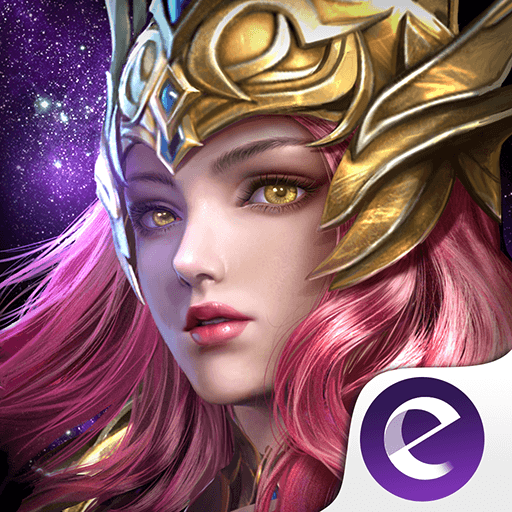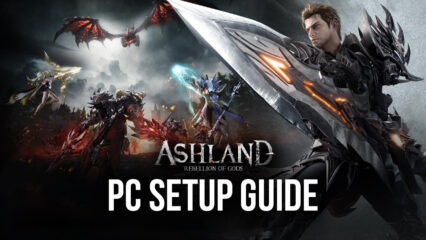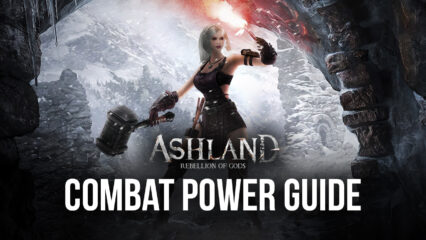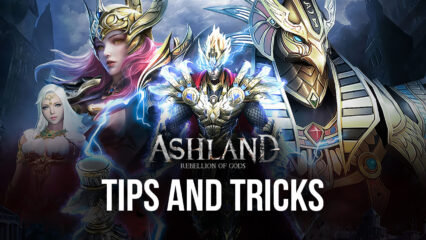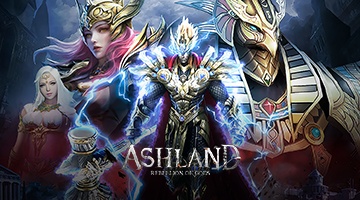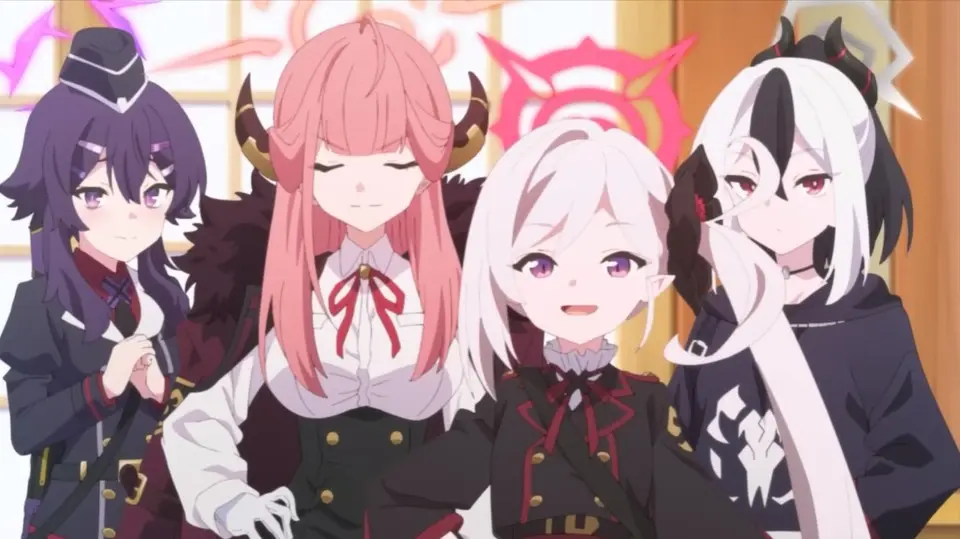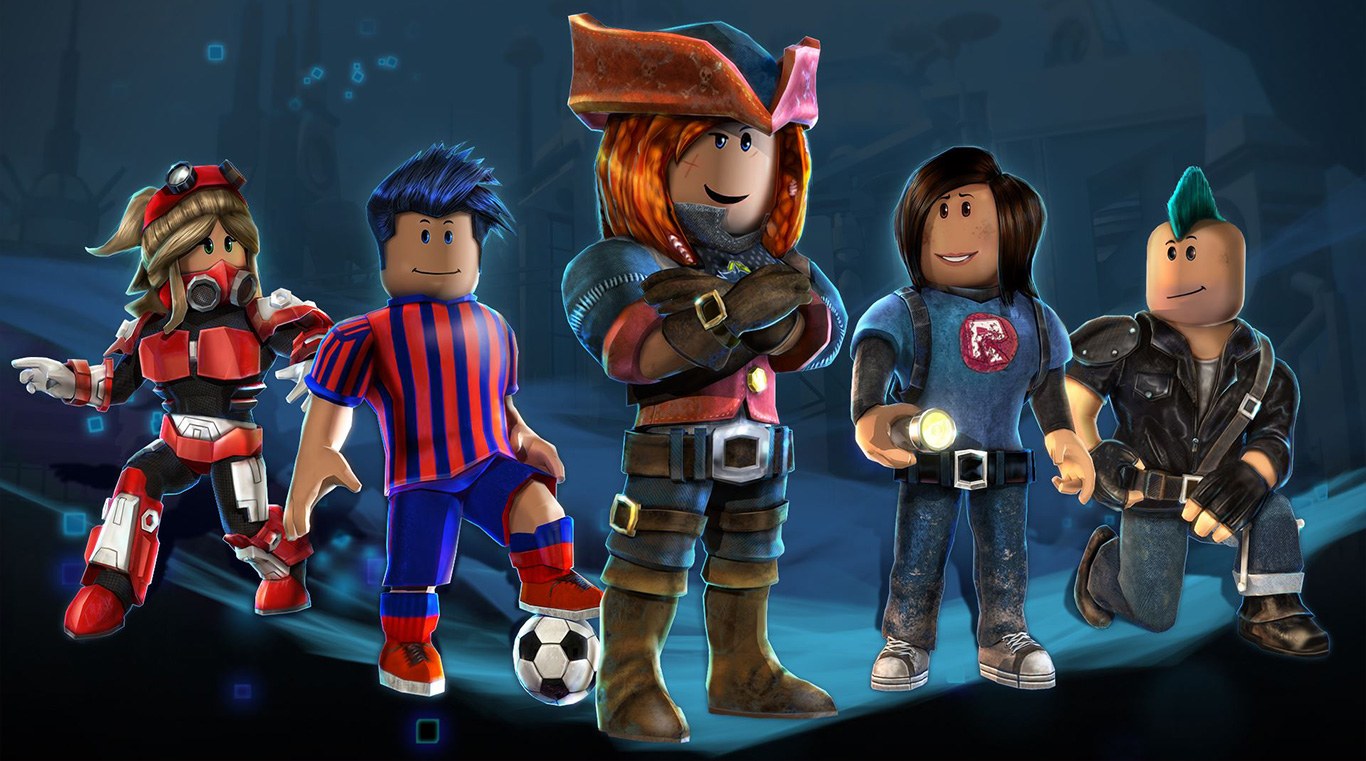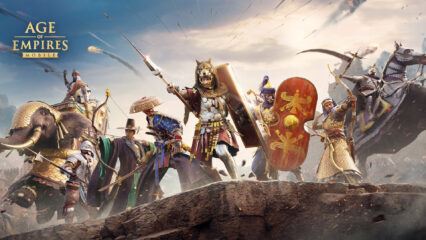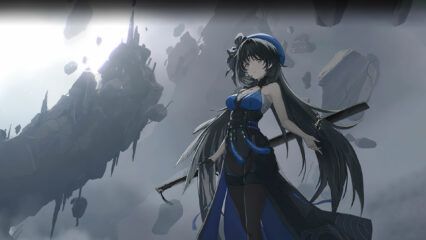BlueStacks' Beginners Guide to Playing Ashland: Rebellion of Gods
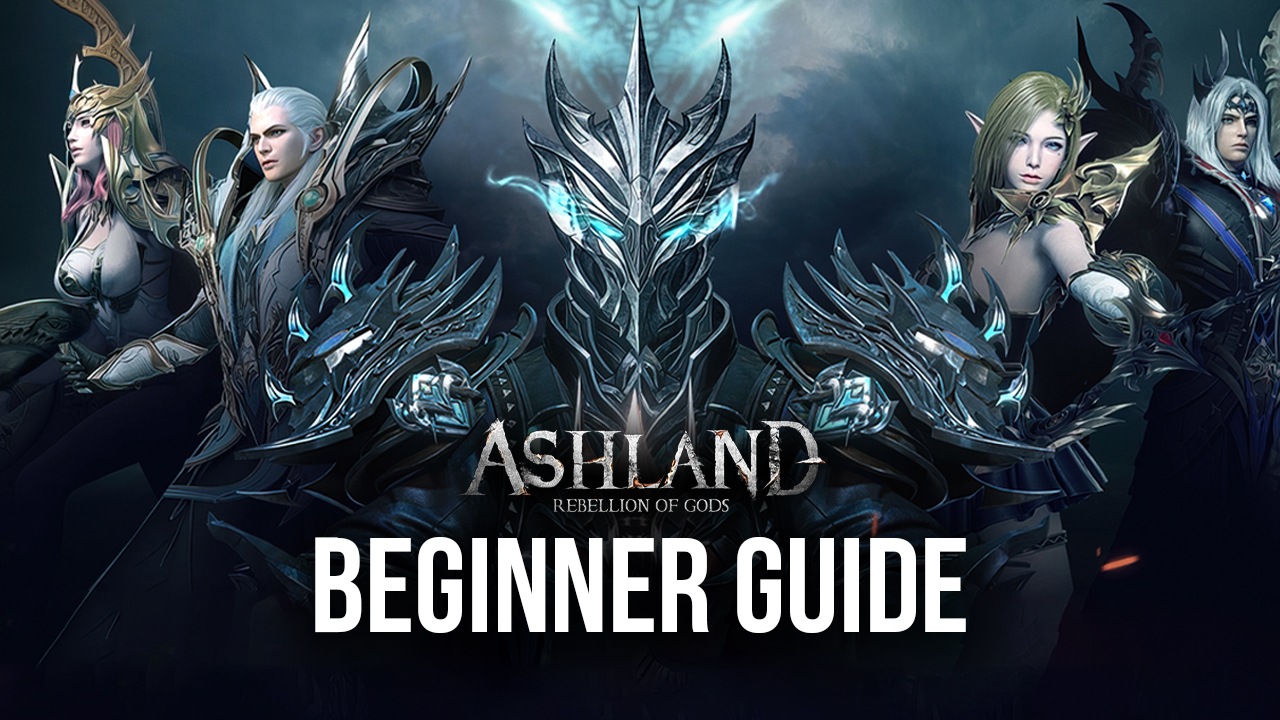
Ashland: Rebellion of Gods is a mobile MMORPG that features the beautiful mechanics that the new generation of this genre has introduced to gaming. Players that have been playing mobile MMORPGs for the past few years are sure to be familiar with the way these games play out, but even then, some will surely get confused about the direction recommended to progress. This is why we’ve prepared a beginners’ guide to help players get the hang of the game.
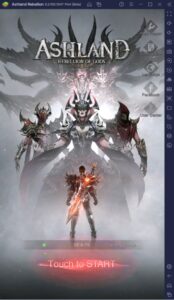
Most MMORPGs have a linear progression system where players are the strongest on the server. However, the road towards that goal requires players to accomplish multiple tasks that they can quickly lose track of because of the number of things the game forces them to do. Many of these tasks are essential, but there’s also a number that is entirely irrelevant, but unsuspecting players tend to see them as necessary. Here’s a short guide to highlight the important goals in the game.
Gearing
Gearing is the most crucial goal that players need to keep in mind in any RPG they play. The armor, weapons, accessories, and enhancements that go into the character’s inventory all play an essential role in ensuring they’re the strongest they can be. The game offers gear in a variety of ways, but the most essential method is through clearing dungeons and bosses, which we’ll be explaining more in detail after a little bit. For now, let’s talk about the importance of gear.
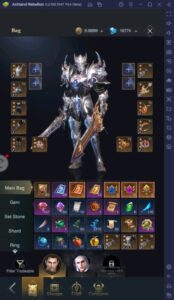
Players can obtain different types of gear depending on the class requirement, gear quality, and tier level. Gear quality and tier level are the most important factors to keep in mind. Quality refers to the item’s rarity, indicated by the color of the item, with Gold being the highest quality attainable. Tier level is indicated by the number on the upper-right side of the item. Both of these factors determine how powerful that item is, making it easy for players to choose the highest quality equipment in their inventory.
Questing
Questing is the primary goal that players will accomplish in MMORPGs. While mobile MMORPGs break away from the traditional chore-type questing that older games use, it’s still pretty fun and engaging to complete these quests as a player. However, it’s important to note that players don’t have as much freedom to choose the quests they want to get because the system assigns quests in a linear fashion by giving them one task after another depending on the previously completed mission.
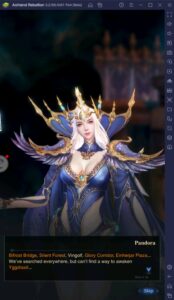
There are two types of quests in any RPG, and those are main quests and side quests. Main quests are extremely important because they dictate the game’s direction, often unlocking new games modes or features that the player can use. Side quests, while not mandatory, also give rewards based on minor tasks achieved. These often come in the form of daily quests or event quests that players can accomplish whenever they have the time or are willing to do so.
Auto-Combat
Ashland: Rebellion of Gods features an auto-combat system that players can take advantage of in the game. Most mobile MMORPGs in this era feature auto-play, auto-quest, and auto-combat features that give players a lot of freedom to level their characters without worrying about having the time or attention span to do multiple tasks. This feature can be highly helpful for many players, but there are even more users that find it a bad way to play any game in particular.
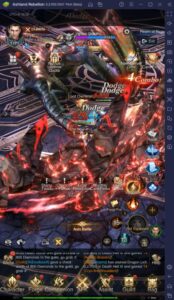
Auto-play features are frowned upon by a large part of the community because it takes away a majority of what makes RPGs fun. Immersion and progression are huge reasons why many players fall in love with RPGs, but with the auto-play system, players can simply use the AI to complete 95% of the content without even understanding what’s going on. There is very little a player can do to play the game manually, but it shouldn’t take away from the experience of playing it.
Dungeons & Bosses
Dungeons and bosses are the same as any RPG, with the player tasked with defeating big monsters and gaining loot from this accomplishment. The difference with this on Ashland: Rebellion of Gods is that dungeons and bosses are instanced, which players can choose anytime as long as they have enough attempts. The bosses have huge HP bars and have combat mechanics that make it challenging for the player to defeat it when they have an equal or lower power rating than recommended.
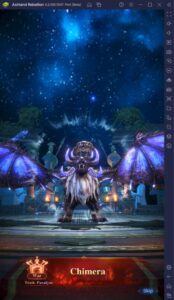
Dungeons in the game aren’t that hard. Players will be placed in instanced dungeons where they will auto-combat everything that comes their way until either the timer runs out or they have defeated all the enemies inside that dungeon. Both of these aren’t as exciting as many traditional RPG dungeons, but it’s still essential to do because they contain powerful loot that will help the player progress in the game.
Combat Power
Combat power is the value that determines how strong a character is. In this game, the player with the highest combat power is ranked at the very top of the game and is often the one who completes all of the higher-level content faster. Every season, players will often race to the top of the rankings and prove who the most dedicated person in the server is by competing not only in PvE content but also in PvP content such as the Arena, where players’ characters will clash against each other.
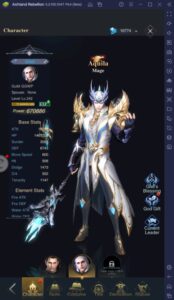
Combat power is the average value of all the character’s stats and abilities. This is often influenced by equipping gear, gaining new skills, leveling up, and other features that increase the value of your character’s stats. We’ll be talking more about combat power in detail in a future article, but players should take note that the continuous goal in this game is to gain as much combat power as they can so that they’ll be able to challenge different content and climb up the rankings faster.

